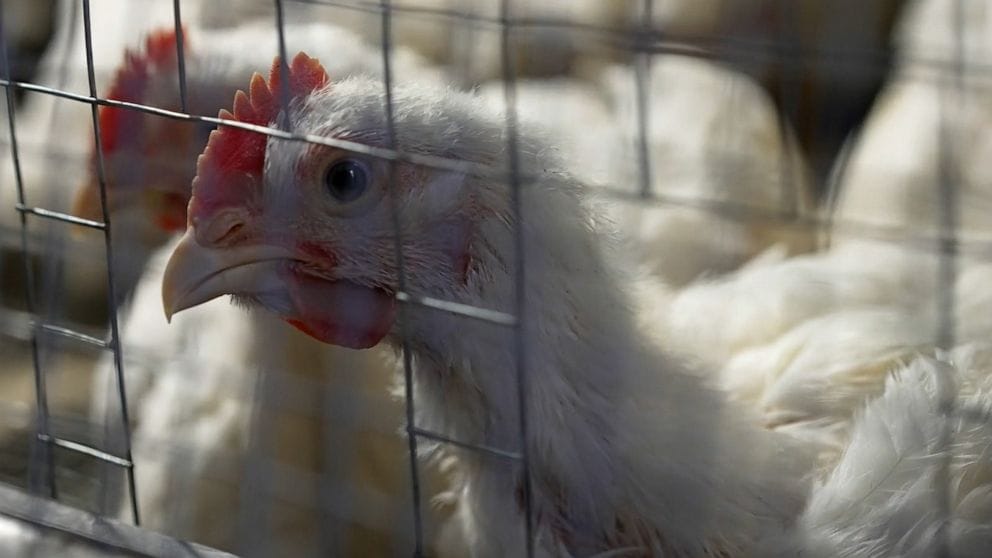The Washington, D.C. metropolitan area is currently on high alert following the recent detection of avian influenza, commonly known as bird flu, in poultry within the states of Maryland and Delaware. This outbreak has prompted local health officials and agricultural authorities to take immediate action to mitigate the risk of transmission to both domestic birds and humans.
Avian influenza is a viral infection that primarily affects birds, but certain strains can also infect humans and other animals. The recent cases in Maryland and Delaware have been linked to commercial poultry farms, where the virus can spread rapidly among flocks. The Maryland Department of Agriculture confirmed the presence of the H5N1 strain of the virus, which is known for its high pathogenicity and potential to cause severe illness in birds.
In response to the outbreak, state and federal agencies have implemented enhanced surveillance measures to monitor the health of poultry populations. This includes increased testing of birds in affected areas and the establishment of quarantine zones to prevent the movement of potentially infected animals. Farmers are being urged to adopt strict biosecurity practices, such as limiting access to poultry facilities and ensuring that all equipment and clothing are sanitized before entering farms.
Health officials are also emphasizing the importance of public awareness regarding the signs of avian influenza in birds. Symptoms in infected birds may include sudden death, respiratory distress, decreased egg production, and neurological signs. Residents are encouraged to report any unusual behavior or sudden deaths among wild or domestic birds to local wildlife authorities. This proactive approach is crucial in identifying and containing potential outbreaks before they escalate.
While the risk of transmission to humans remains low, health experts advise caution. The Centers for Disease Control and Prevention (CDC) has stated that the H5N1 strain does not typically spread easily among humans, but there have been isolated cases of human infection in the past. Individuals who work with poultry or have close contact with birds are advised to take preventive measures, such as wearing protective clothing and practicing good hygiene.
The impact of the bird flu outbreak extends beyond public health concerns; it also poses significant economic implications for the poultry industry. Maryland and Delaware are key players in the U.S. poultry market, and any disruption in production can lead to supply shortages and increased prices for consumers. Farmers are facing the possibility of culling infected flocks, which can have devastating financial consequences.
In light of the situation, local agricultural organizations are working closely with state and federal agencies to provide support and resources to affected farmers. This includes guidance on biosecurity measures, financial assistance programs, and mental health resources for those dealing with the stress of the outbreak. The collaboration between government agencies and agricultural stakeholders is essential in navigating the challenges posed by the bird flu outbreak.
As the situation develops, residents of the D.C. area are encouraged to stay informed through official channels. Local health departments and agricultural agencies are providing regular updates on the status of the outbreak and any necessary precautions that the public should take. Community engagement is vital in ensuring that everyone is aware of the potential risks and the steps they can take to protect themselves and their families.
In conclusion, the detection of avian influenza in poultry in Maryland and Delaware has raised significant concerns in the D.C. area. Authorities are taking proactive measures to monitor and control the situation, while also educating the public about the importance of reporting unusual bird behavior. As the outbreak unfolds, the collaboration between health officials, farmers, and the community will be crucial in mitigating the impact of this virus on both public health and the poultry industry.


